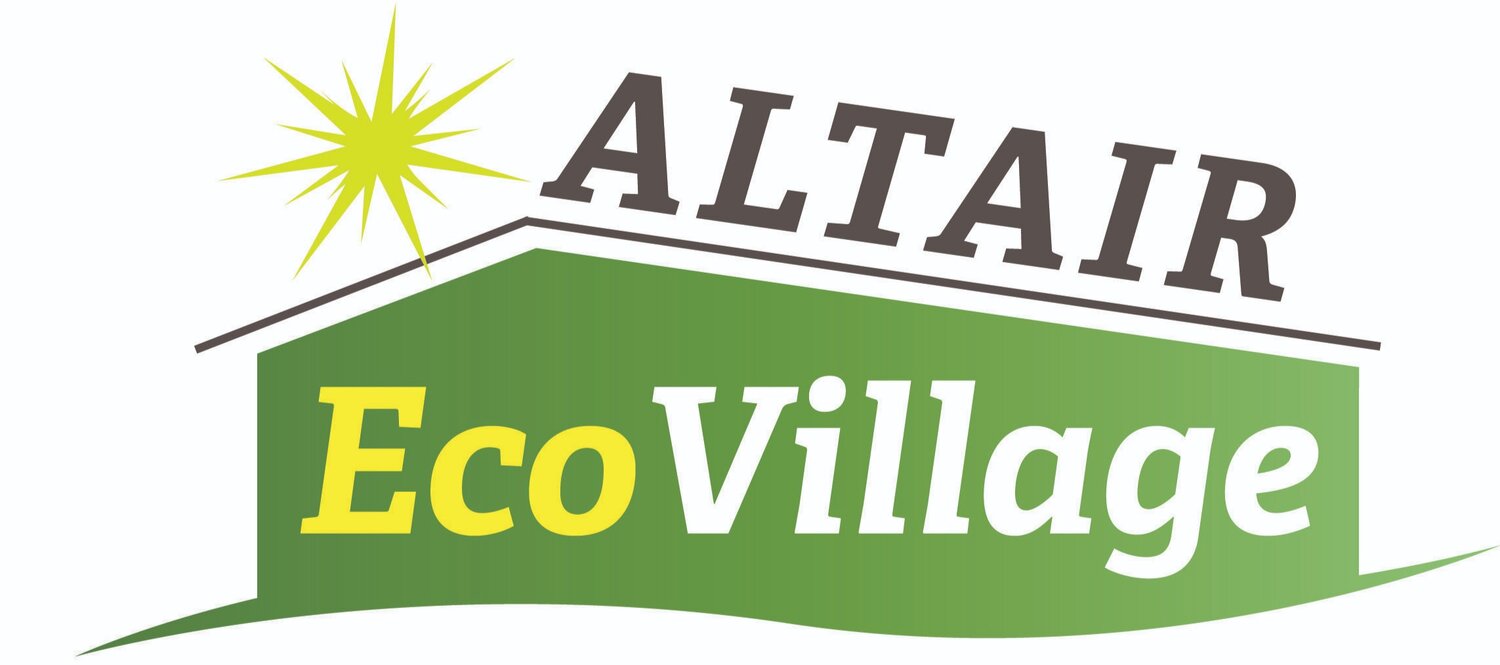How Localization Leads to Social Capital
/Hello again!
This week I began to research social capital, especially within ecovillages. I quickly learned it is essential for communities to connect with the local economy. Social capital is defined by the Organisation for Economic Co-operation and Development (OECD) as “networks together with shared norms, values and understandings that facilitate co-operation within or among groups”. Building social capital is crucial in a cohousing community prioritizing eco friendly living and community cohesion. Communities with higher levels of social capital not only have happier members, but healthier members too!
Community members of Ithaca Ecovillage having fun during A work party.
In globalization, the US economy prioritizes big corporations and hurts small businesses. Big corporations receive tax cuts, despite their high CO2 emissions and often poor work conditions. Oftentimes, corporations are not concerned about their impact on the local environment or community because they are far removed from the region. Shifting to a localization approach reduces inequality, cuts down pollution, and provides more and better jobs. By supporting local businesses in our walkable Kimberton community, we are contributing to a better future for us and the planet.
Two of Kailash Ecovillage’s electric vehicles.
In ecovillages and cohousing, living lightly on the land is very important. What this means for community members is paying special attention to their ecological footprints and working to reduce their environmental impact. Living lightly contributes directly to the economy through cost savings. Following the passive house model results in a lower level of energy consumption, which leads to lower energy bills. Over the years, this housing model and related items will save Altair money in the long run. For example, ride sharing, group buying/discounts, sharing resources, and supporting each other in community will help reduce the cost of living.
Mountain View Cohousing community members working together on their shared garden.
As Karen Gimnig of Cohousing USA writes: “We are growing partnerships with other groups that share our values. As a community of communities our partnership is not only with those who want to build or live in cohousing, but also communities of people who grow connection through other models. We seek connections with new allies.” In OUR local area, Altair’s partnerships include Phoenixville Area Transition (a movement to expand community resilience by reorienting the local economy and culture to nature and personal relationships), Phoenixville Area Time Bank (building a community whose neighbors generously share their talents, skills, and time with each other and especially with those in need), the Kimberton Arts Alliance (leading the effort to bring world-class performing arts to Kimberton) and other initiatives. We are stronger together!
In both Ecovillages and cohousing, staying connected to the local community is important. Members strive to be a part of the community. Members must shift to a localization mindset within Ecovillages to truly live a sustainable life. Staying connected to the local economy brings members closer to one another, resulting in the community living in harmony. Check out this informative video where Dr. Andrew Leigh talks about the importance of social capital in building communities!




